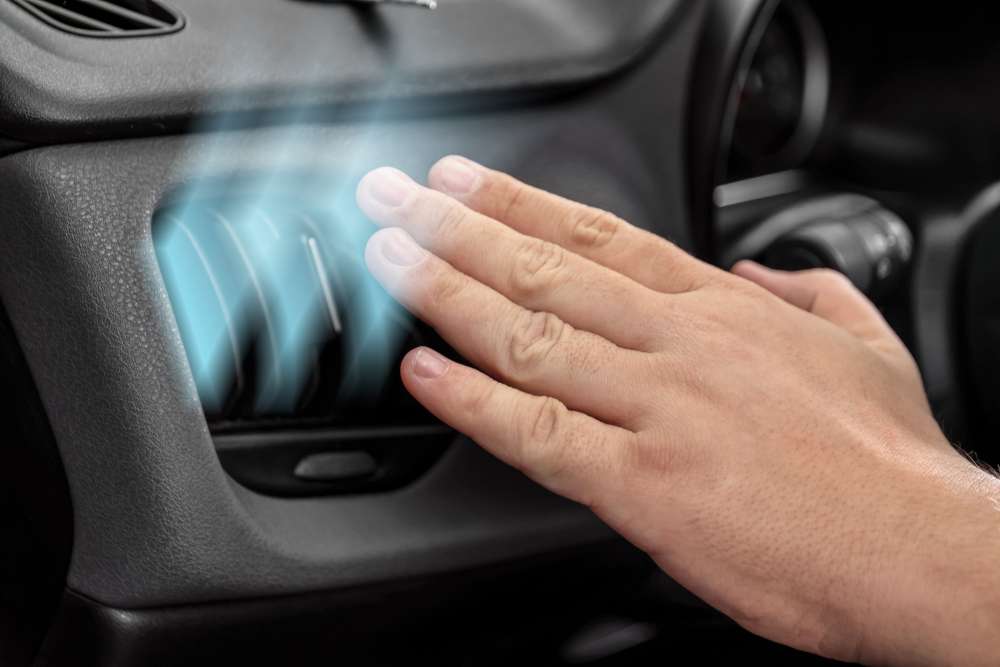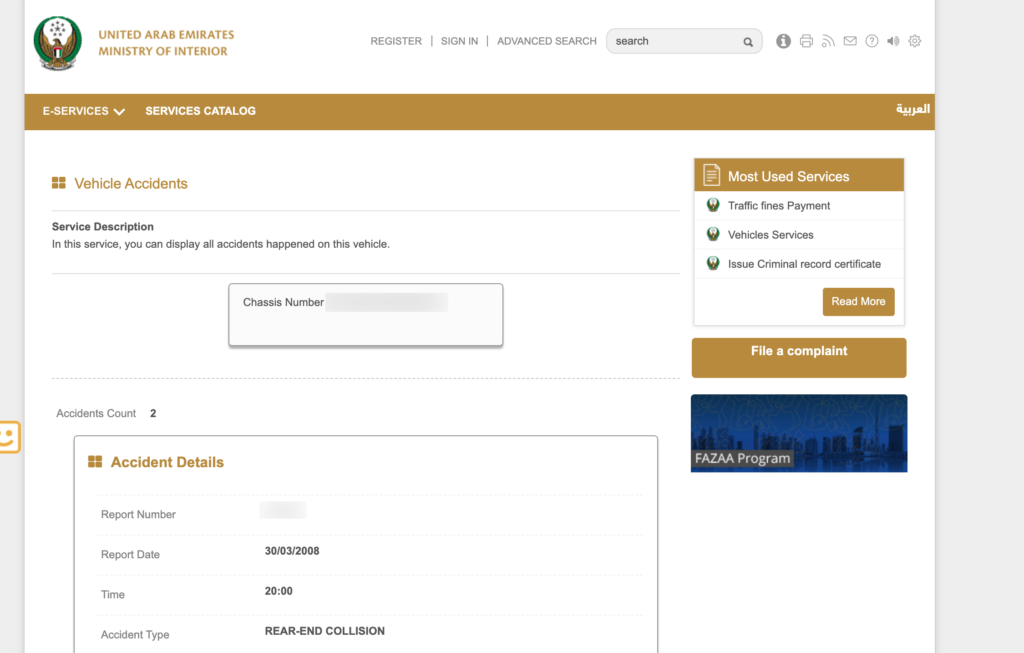How to Check If a Used Car Is GCC-Spec or Imported in Dubai
Buying a used car in Dubai is a practical decision for many residents. However, one important detail that often gets overlooked is whether the car is GCC-spec (Gulf Cooperation Council specification) or an import from another region. This difference can significantly impact the car’s performance, longevity, and even safety in the UAE’s harsh weather conditions.
In this blog, Drive UAE will explain what GCC specifications mean, why they matter, and how to easily identify if a used car in Dubai is GCC-spec or imported.
What Does GCC-Spec Mean?
GCC-spec vehicles are cars manufactured specifically for the climate, road conditions, and regulations of the Gulf region, which includes the UAE, Saudi Arabia, Qatar, Oman, Bahrain, and Kuwait. These cars are equipped with enhanced cooling systems, dust protection, and safety features that meet regional standards.

On the other hand, imported cars, especially those brought from the US, Europe, or Asia, may not be designed for the Middle Eastern environment. They may have lower-grade cooling systems or lack certain safety requirements set by UAE authorities.
Why It Matters
Here’s why choosing a GCC-spec vehicle is usually a better option:
- Better performance in hot climates
- Compliance with local regulations and easier registration
- Higher resale value in the UAE
- Fewer mechanical issues related to climate adjustment
1. Visual Inspection – Look for Arabic Labels
One of the simplest ways to identify a GCC-spec car is by checking for Arabic-language safety labels.
Side Mirrors
GCC-spec cars usually have Arabic text on the side mirrors. For example, the warning “Objects in mirror are closer than they appear” will be written in Arabic along with English.
Sun Visor Labels
Look at the sun visors above the driver and passenger seats. If the car is GCC-spec, you’ll likely find safety and airbag warning stickers written in Arabic.
2. Check the Chassis Plate on the Door Frame
Every vehicle has a chassis plate (the VIN plate) on the driver-side door frame. This plate includes essential information like the manufacturer’s name, model year, and compliance standards.
For a GCC-spec car, this plate may include Arabic text and show compliance with GCC or UAE regulations. If the plate is written entirely in English or refers to another country’s standard (like US DOT or EU specs), it’s likely an import.
3. Decode the VIN (Vehicle Identification Number)
The VIN is a 17-digit code that uniquely identifies each car. You can usually find it:
- On the dashboard near the windshield
- On the chassis plate inside the door
- On your car’s registration card
You can decode this VIN online or through the manufacturer to find out:
- Country of origin
- Manufacturing plant
- Model year
- Market the car was built for (GCC or otherwise)
For example, VINs starting with “1”, “2”, “3”, or “5” are often from the USA, while a GCC VIN might start with other region-specific letters and may also show details specific to UAE regulations.
4. Manufacturer Compliance Label
This label is also located near the VIN or chassis plate, usually on the door frame. For GCC-spec vehicles, it might read something like “Manufactured for GCC” or mention compliance with UAE or Gulf standards.
This label can help confirm that the car was made for the GCC market, not for export from another country.
5. Test the Air Conditioning System
Dubai’s summer heat can be extremely intense. That’s why GCC-spec vehicles come with stronger air conditioning systems to handle temperatures above 50°C.
If the air conditioner struggles to cool the car quickly, even after a few minutes, it might be a sign that the car is not built for this environment. This is especially important for families or people who drive long distances during the day.

6. Review the Service History and Registration Documents
Ask the seller for the service history and registration documents. These may provide additional details about the origin of the car. Look for:
- First registration country
- Vehicle import records
- Previous ownership in another country
Cars that were first registered in the UAE are more likely to be GCC-spec.

7. Get a Professional Inspection
When in doubt, bring in an expert.
Trusted Mechanic
A knowledgeable mechanic who understands GCC specifications can perform a detailed inspection and tell you if the car meets the required standards.

Dealership Verification
Authorized dealerships can also verify the vehicle’s details using the VIN. If you’re buying a specific brand (like Toyota, Nissan, etc.), visit a certified dealer for that brand.
Final Thoughts
Buying a used car in Dubai requires more than just looking at the price and mileage. Knowing whether the car is GCC-spec or imported can save you from future mechanical problems, expensive repairs, or issues with resale and insurance.

